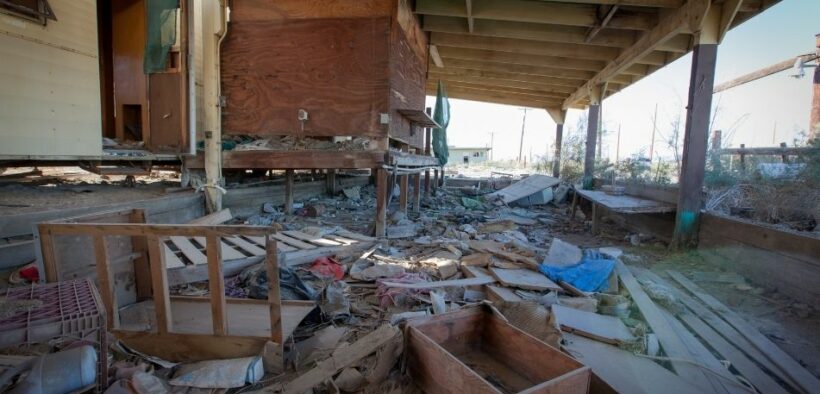ACOSS strongly condemns removing COVID Disaster Payments without increasing totally inadequate unemployment payments, and calls on the Federal Government to lift base rates of JobSeeker and related income supports to at least $67 a day when Parliament returns.
ACOSS has also stated their concern that ending income supports will put communities at risk, and urges the Federal Government and National Cabinet to guarantee that they won’t support lifting of restrictions until safe vaccination rates have been achieved for people most at risk, including people on low incomes, people with disability and First Nations communities.
Yesterday, the Federal Government announced Disaster Payments will stop renewing automatically each week when a state or territory reaches 70% vaccination rate, and end two weeks after a state or territory reaches 80% of adults over 16 fully vaccinated.
ACOSS CEO Dr Cassandra Goldie said “It is unconscionable to use broad vaccination rate data as the mechanism to cut off income support to people without paid work, regardless of whether a lockdown has lifted or what the actual vaccination rates are for a range of at-risk groups.
“Cutting off disaster support will see many of the 1.7 million people currently receiving disaster payments in NSW, ACT and Victoria end up on the grossly inadequate JobSeeker Payment of $45 a day, which is less than half the $750pw Covid Disaster Payment.
“It will leave others with no income at all, including people on temporary visas who are ineligible for JobSeeker and other income support.
“It’s appalling to give hundreds of thousands of people, including single mums, older people and people with disability one week’s notice that their payments will stop unless they apply again in the case of NSW.”
“We know many people are unable to go straight back into paid work after a lockdown, which is what we saw last year. The OECD has told Australia it needs to increase its unemployment payments because they drive people into poverty.
“We also know that lockdowns and further restrictions are real possibilities, and we must ensure restrictions can be applied to keep us safe, with people affected confident they will have adequate economic support through social security arrangements.
“Snap decisions like this hurt people on lowest incomes. People won’t be able to pay their rent, afford food and cover the cost of other essentials. The mental health consequences are serious.
“This decision will just add to the high levels of financial distress already evident. Community organisations at the front line are dealing with queues of people needing emergency and food relief in lockdown areas and other areas where industries are affected by the current uncertainty. There are still almost one million people on the lowest incomes locked down.”
“As a country, we must accept that we have not done enough to secure safe vaccination rates for people most at risk to ensure no one is left behind in our vaccination effort.
“We must also ensure everyone has an adequate income to cover the essentials, both now and into the future. That means fixing our safety net so that no one receives less than $67 a day.”
Lourdes Antenor is an experienced writer who specialises in the not-for-profit sector and its affiliations. She is the content producer for Third Sector News, an online knowledge-based platform for and about the Australian NFP sector.
































































































































































